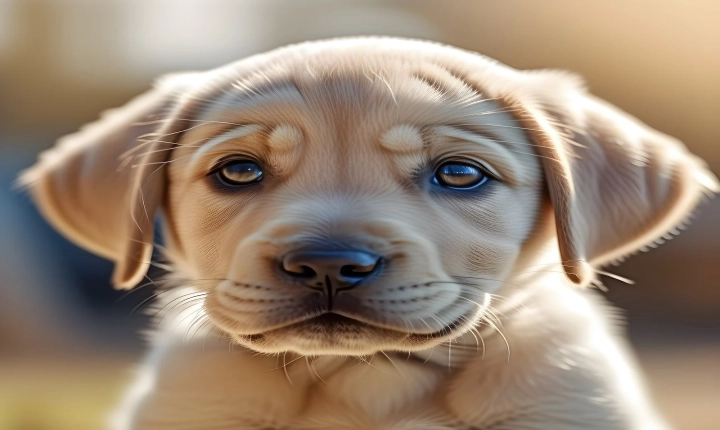Title: How to Create Impressive Artwork Using AI
Introduction:
The intersection of art and technology has opened up a world of creative possibilities. With the advancement of artificial intelligence (AI), creating stunning artwork has become more accessible than ever. AI tools allow artists to explore new techniques, experiment with different styles, and unleash their creativity in innovative ways. In this article, we will explore the process of making a picture using AI and how it can be a powerful tool for artists.
Step 1: Choosing the Right AI Software
There are numerous AI-powered software options available for creating art, each catering to different artistic styles and techniques. Some popular choices include Adobe Photoshop, Corel Painter, and Procreate. When selecting the right AI software, consider your artistic preferences and the features that best align with your creative vision.
Step 2: Generating Initial Ideas and Concepts
AI can be used to generate initial ideas and concepts for artwork. Through machine learning algorithms, AI can analyze existing images, understand artistic styles, and suggest visual concepts based on the input provided by the artist. This can be a valuable starting point for artists who are seeking inspiration and direction for their next piece.
Step 3: Exploring Artistic Styles and Techniques
One of the most exciting aspects of using AI for art creation is the ability to explore different artistic styles and techniques. AI software often offers a range of tools and filters that can mimic the appearance of various art mediums, such as oil painting, watercolor, and charcoal. Artists can experiment with these tools to achieve unique and captivating visual effects.
Step 4: Enhancing and Refining Artwork
AI-powered tools can be used to enhance and refine artwork, offering features such as automatic color grading, image enhancement, and noise reduction. These capabilities can significantly streamline the editing process and help artists maintain the integrity of their original vision while fine-tuning their creations.
Step 5: Incorporating Generative Adversarial Networks (GANs)
Generative Adversarial Networks (GANs) are a powerful AI technique that can create entirely new images based on a set of input data. Artists can use GANs to generate original visual content, explore alternative artistic interpretations, and produce visually striking images that push the boundaries of traditional art-making techniques.
Step 6: Collaborating with AI as a Creative Partner
AI can serve as a valuable creative partner for artists, offering insights, suggestions, and solutions that can inspire new artistic directions. By embracing AI as a collaborative tool, artists can push the boundaries of their creativity and unlock new possibilities for their artwork.
Step 7: Sharing and Showcasing AI-Generated Artwork
Once the artwork is complete, artists can share and showcase their AI-generated creations through various platforms, including social media, online galleries, and art exhibitions. This can help to raise awareness of the capabilities of AI in the art world and inspire fellow artists to explore the potential of AI in their own work.
Conclusion:
The integration of AI into the art-making process has revolutionized the way artists create and express themselves. By harnessing the power of AI, artists can explore new artistic styles, experiment with innovative techniques, and push the boundaries of traditional art-making. As AI continues to evolve, it will undoubtedly play a pivotal role in shaping the future of art and creativity. Embracing AI as a creative tool can open up new frontiers for artists and expand the possibilities of what can be achieved through visual expression.
